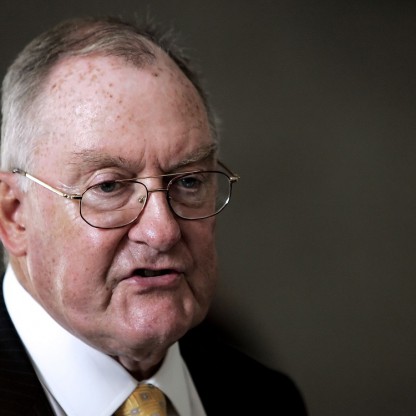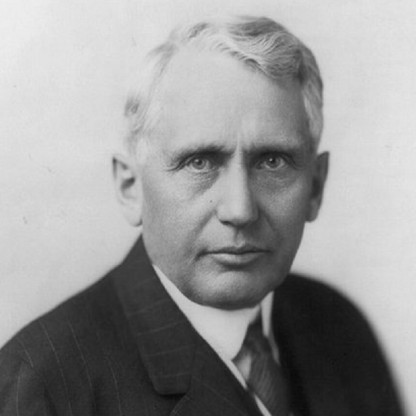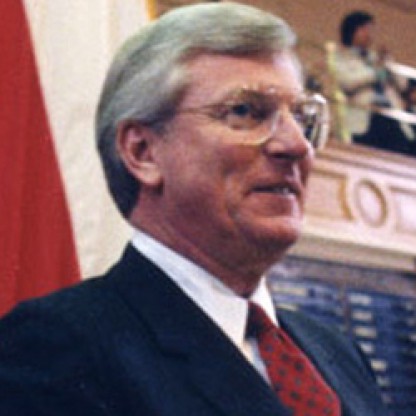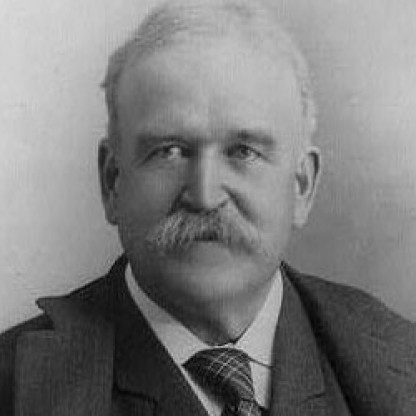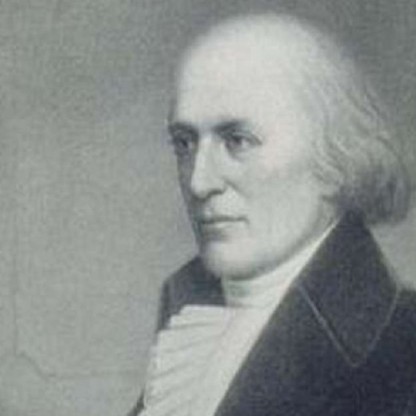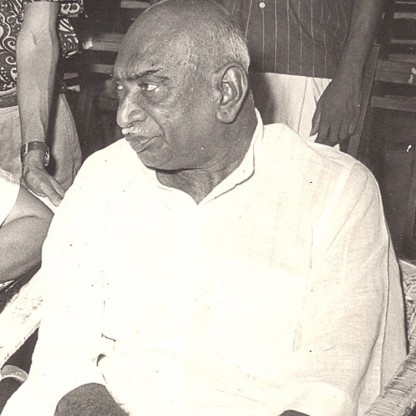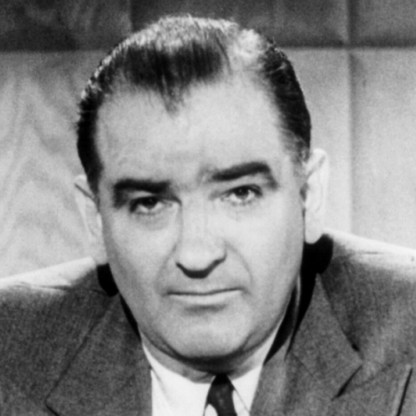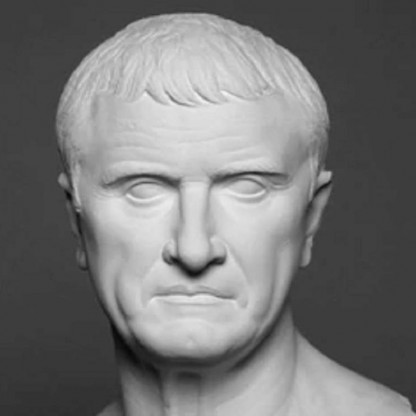Albert was born in McAlester, Oklahoma. Shortly after his birth his family moved to a small town just north of McAlester called Bugtussle. He was the son of a coal miner and farmer and grew up in a log cabin on his father's farm. In high school he excelled in debate, was student body President, and won the national high school oratorical contest, earning a trip to Europe. During this time he was an active member of his local Order of DeMolay chapter and is an inductee of the Order of DeMolay Hall of Fame. Albert later petitioned his local Masonic Lodge and became an active Freemason. He entered the University of Oklahoma in 1927. There, he majored in political science and won the National Oratorical Championship in 1928, receiving an all-expense-paid trip to Europe. He earned enough money to fund the rest of his undergraduate education. While at Oklahoma, he was an accomplished amateur Wrestler, a member of the Kappa Alpha Order Greek letter fraternity, and a member of the all-male spirit club. He graduated Phi Beta Kappa in 1931, was the top male student, then studied at the University of Oxford on a Rhodes Scholarship. He received a Bachelor of Arts in Jurisprudence and Bachelor of Civil Laws from St Peter's College before returning to the United States in 1934. He opened a law practice in Oklahoma City in 1935. He worked for a series of oil companies in leasing work, until the start of World War II.
